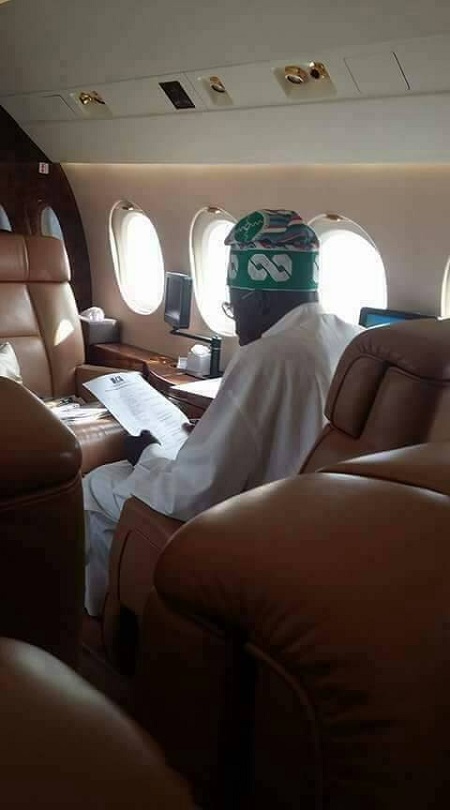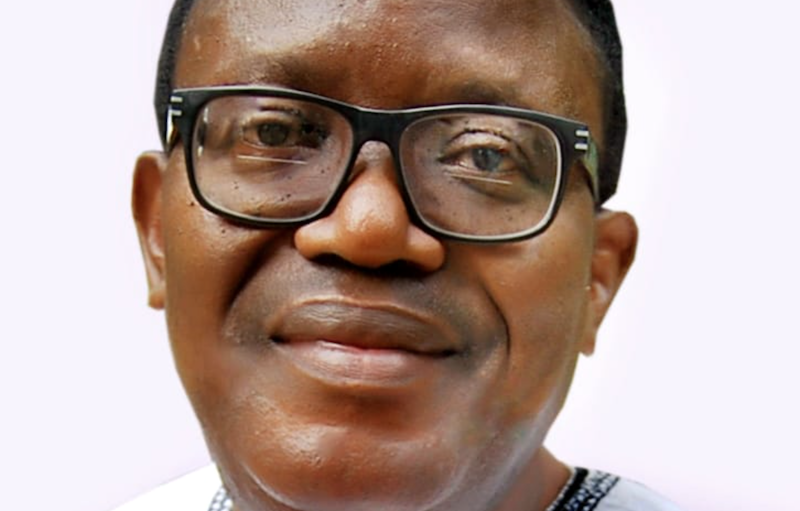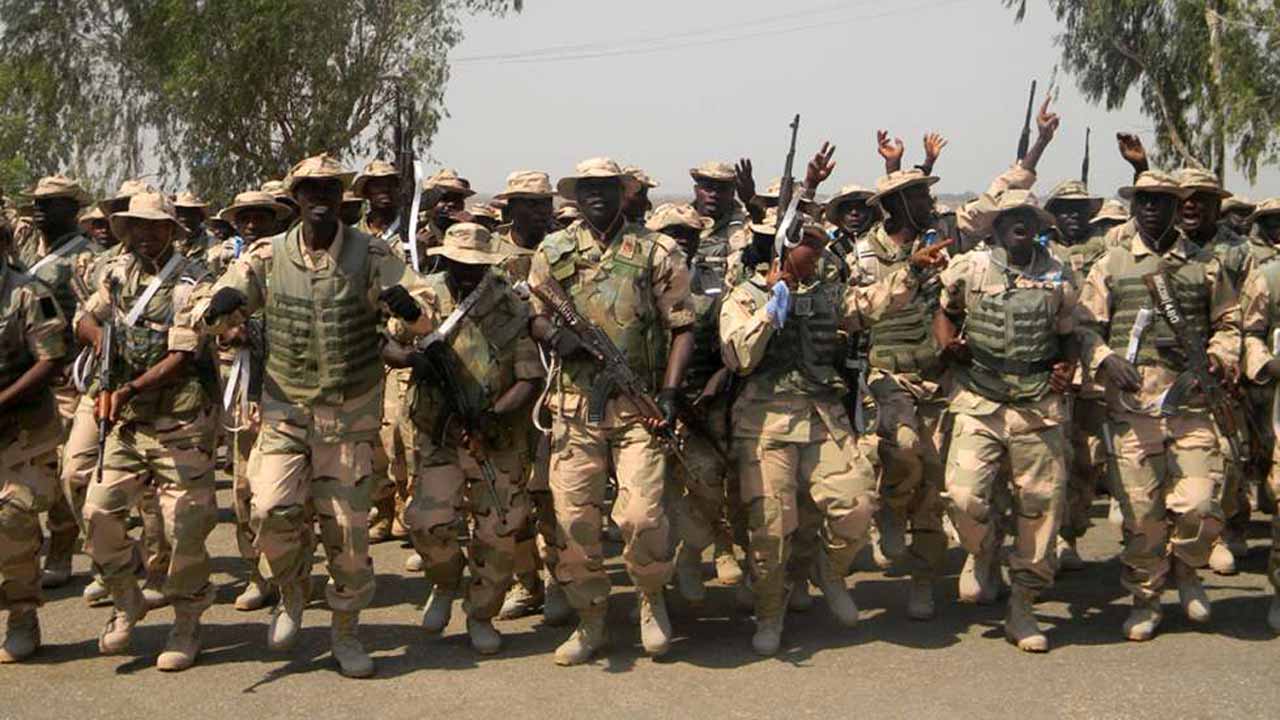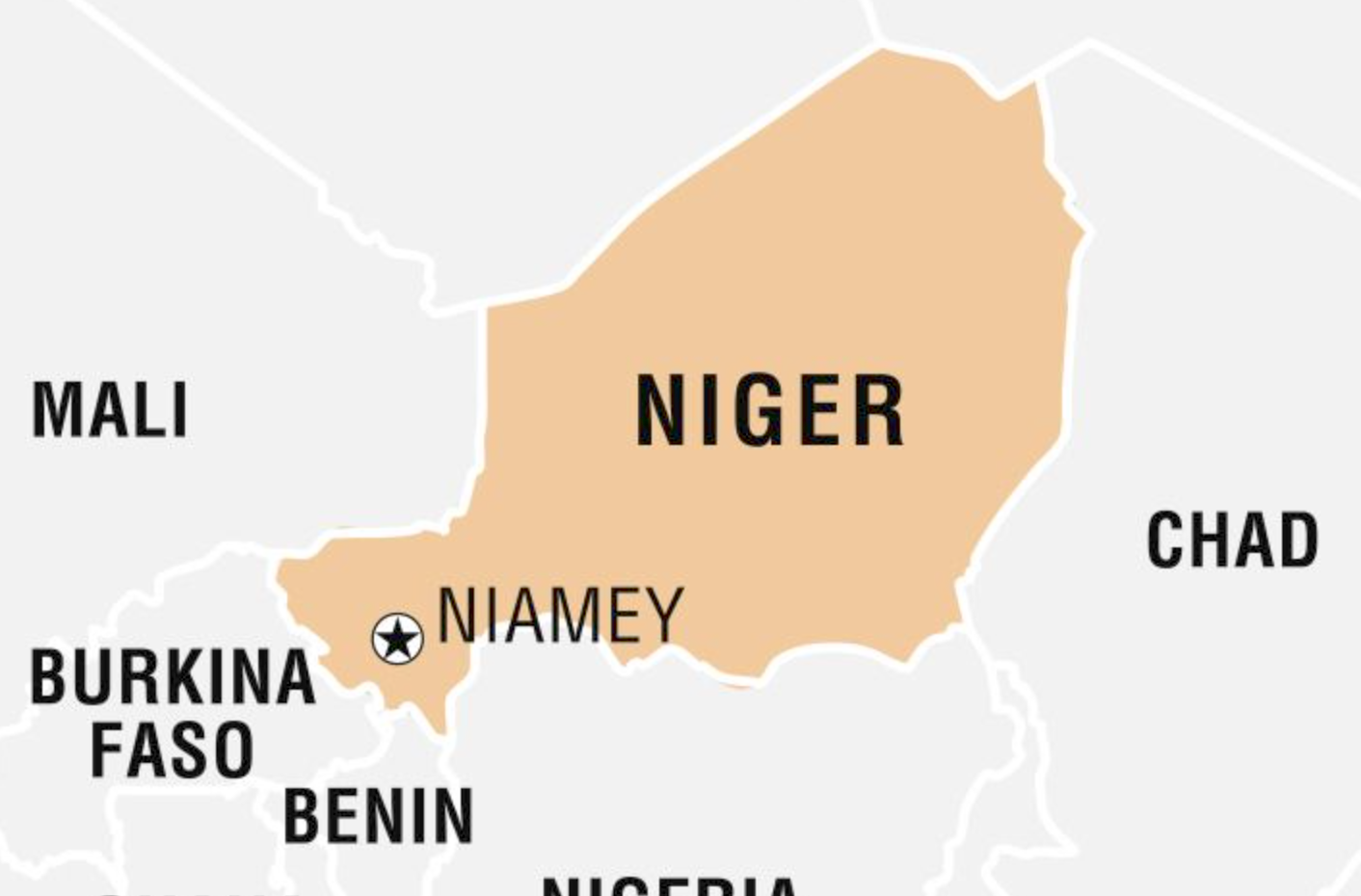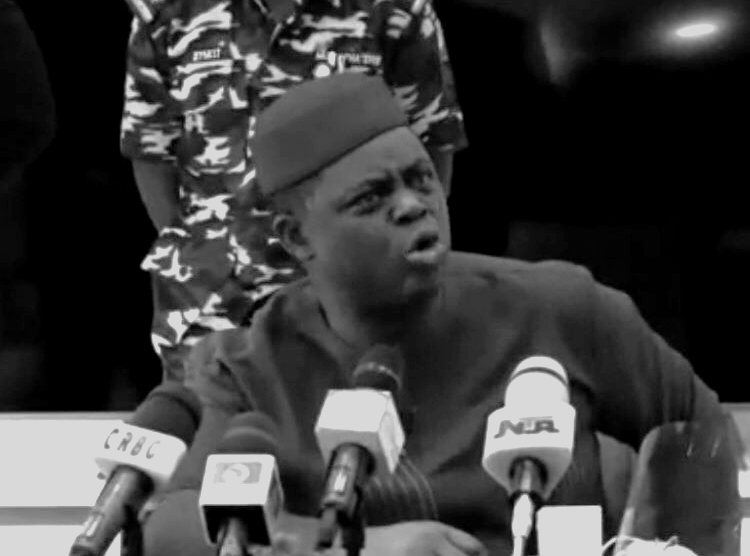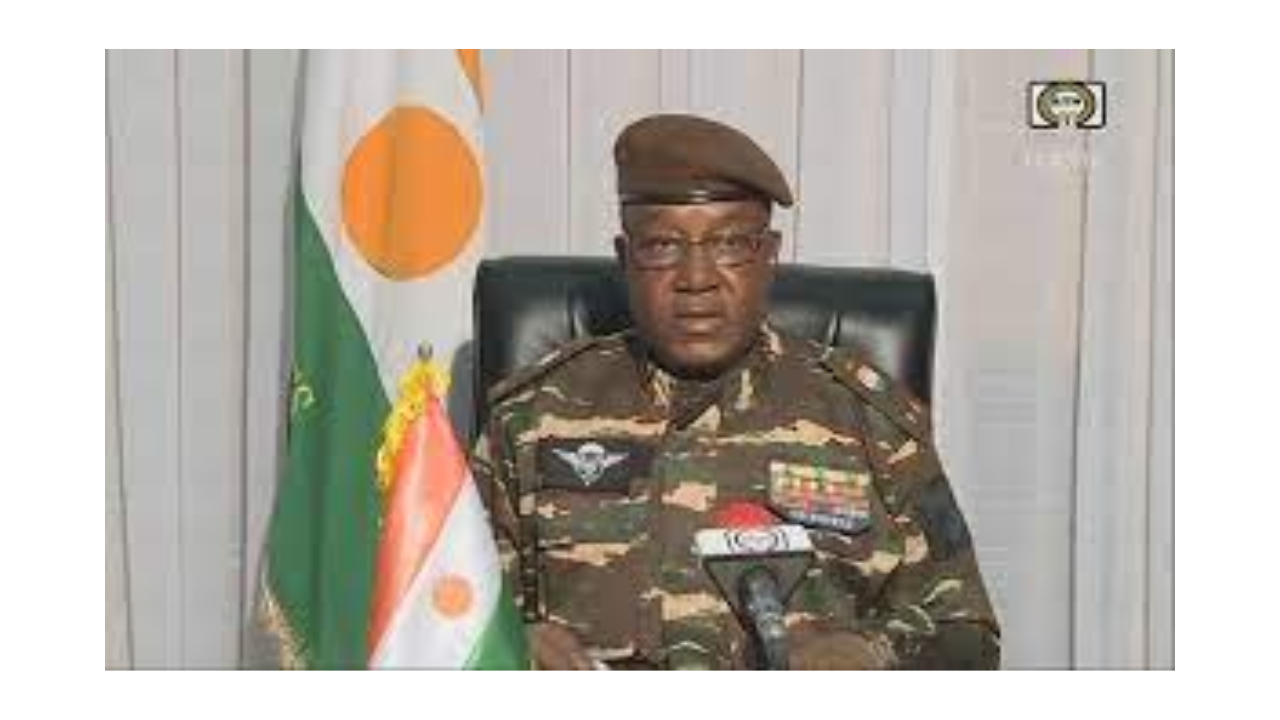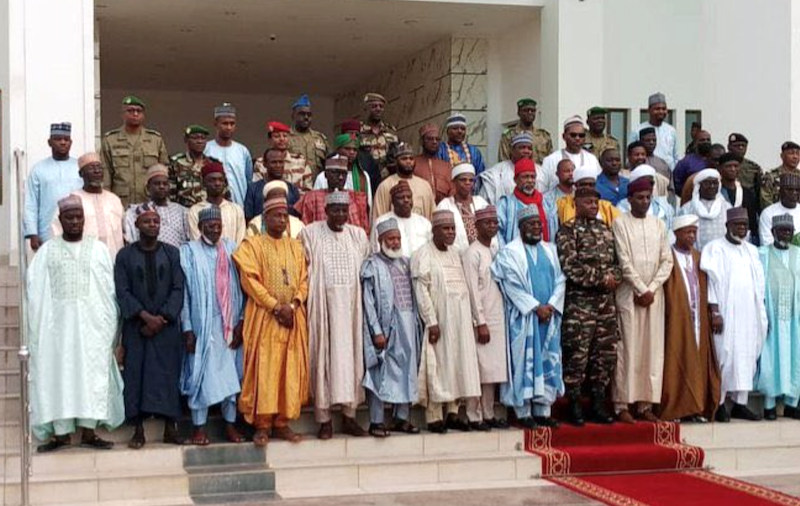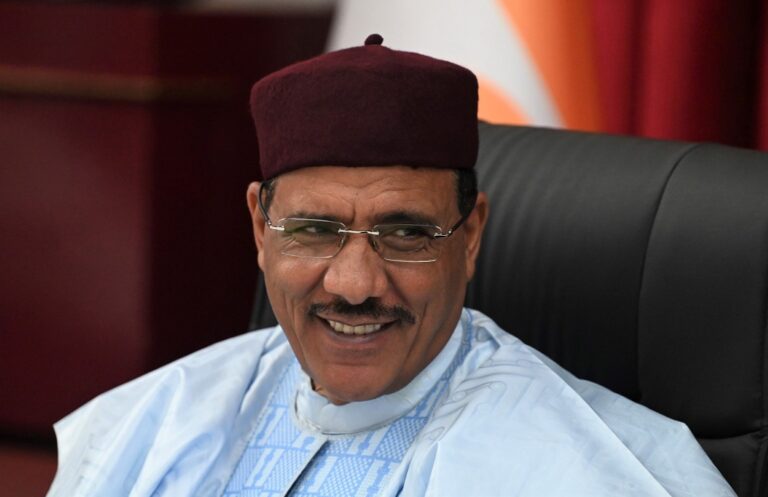Former Minister of Aviation, Femi Fani-Kayode has questioned the rationale behind cutting off electricity supplies to the people of Niger Republic following the military coup that ousted the country’s elected president.
According to Fani-Kayode, a dear and respected friend confided in him that up to 40 babies die each day in Niger as a consequence of the blackout.
According to him, these babies die in hospitals and incubators across the country as a consequence of the fact that there is no electricity supply and there is no fuel to power their generators.
According to a source in Niger Republic, Dr. Abdoul Djibou, there has been reports from Dosso Regional Hospital and Cominak Hospital about the recent spike in infant mortality.
According to him, over 40 babies die daily in Niger since the Nigerian government cutoff Electricity supply to Niger and also closed its borders.
“It has affected hospital badly as they’re unable to power their incubators and other life supporting equipment to assist these babies. He also mentioned that the closed borders has made it nearly impossible for hospitals to access petroleum products especially Diesel and Petrol to power their plants and generators.
“This is aside the untold hardships that the general populace are grasping with in Niger. He has made a passionate appeal for the Nigerian government to reconsider its decision even though backed by the ECOWAS.
“He stressed the need for the Nigerian government to remember that the people of Niger are more like an extension of northern Nigeria.
“In his opinion, he believed strongly that the ongoing negotiations with the Junta leaders will yield results and stressed the need for the negotiations to be intensified instead of beating the drums of war and upholding the current stiff sanctions that has now crippled the economy and the health sector especially,” a report by quoted Dr Djibou to have said.
Similarly, Africa News had reported that the U.N. is spending over 20 times more money than usual on fuel for generators to keep millions of vaccines in Niger from spoiling due to incessant power cuts.
“The outages are the result of severe economic and travel sanctions imposed by regional countries after mutinous soldiers toppled the country’s president last month.
“Country representative for the United Nations Children´s Fund in Niger, Stefano Savi, said it has spent $200,000 powering generators to keep vaccines, including for polio and rotavirus, across the country cold during the first three weeks of August.
“That’s up from approximately $10,000 a month previously and might soon run out of money, he said. Niger relies on neighboring Nigeria for up to 90% of its power, but after soldiers ousted democratically elected President Mohamed Bazoum in July, Nigeria cut off part of its electricity supply as part of sanctions imposed by the West African regional bloc, ECOWAS.
“The sanctions are taking a toll on the population with the price of goods rising, residents unable to easily access cash, and people living in the dark.
“Now there are mounting concerns it will gravely impact the health system, particularly the ability to keep some 28 million vaccine doses in the country cold.
“Although there were power cuts before the sanctions, they usually lasted a few hours, but now the cuts are much longer – sometimes up to 18 hours a day, said Savi. UNICEF only has enough money until the end of August and is appealing to donors for emergency funds,” the report reads.
Reacting, Fani-Kayode called on President Bola Tinubu, who is currently the Chairman of ECOWAS, to review and reverse this policy and allow Nigeria to continue to supply electricity to Niger Republic.
“How can we as a nation inflict such damage and unleash such wickedness and misfortune on innocent people who live just across the border from us and who are essentially our people too?
“This is unacceptable and especially so given the fact that we are not at war with Niger and the overwhelming majority of our people regard them as our brothers.
“This begs the question: is this the way to treat our African neighbours and brothers even whilst we lay claim to seeking and preferring a diplomatic solution to the crisis? Methinks not!
“If our claim and intention is to better the life of these people by insisting that they must have a democratically-elected Government and by resisting a military one is our purpose truly served by killing the children of the very same people that we claim we want to help?
“Again does this murky and murderous course serve our national and security interests and does it enhance better relations with other African countries?
“Does imposing sanctions and policies like cutting off electrical supplies and that, albeit inadvertently, lead directly to the death of innocent babies and defenceless children help our cause, bring glory to our name or give credence or credibility to our so-called fight and quest for democracy? I doubt it very much.
“I call on our leader and President, Asiwaju Bola Ahmed Tinubu, who is currently the Chairman of ECOWAS, to review and reverse this policy and allow us to continue to supply electricity to Niger.
“This is all the more so given the fact that cutting off electricity to that nation is bringing death, suffering and hardship more to the women and children than to their Government officials and members of the newly-installed military junta.
“Surely Niger’s suspension from both ECOWAS and the African Union coupled with the imposition of a series of strong economic sanctions including the closing of borders and the imposition of a no fly zone, are enough punishment.
“We must never forget that there is a distinction between the Government of a nation and it’s people.
“Punishing the people for the sins of their leaders and Government is not only unjust and unkind but also counter-productive,” the former Minister stated.

